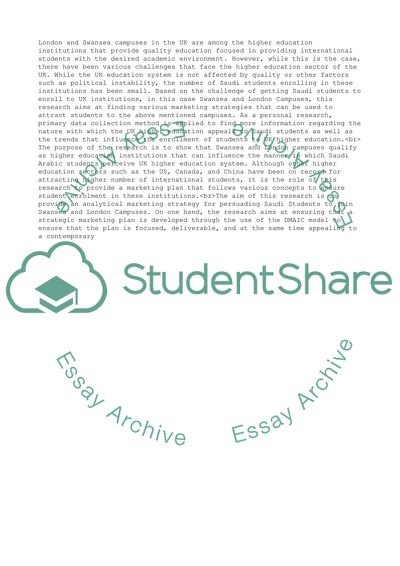Cite this document
(Organisational Consultancy Report Assignment Example | Topics and Well Written Essays - 3000 words, n.d.)
Organisational Consultancy Report Assignment Example | Topics and Well Written Essays - 3000 words. https://studentshare.org/education/1874506-organisational-consultancy-report
Organisational Consultancy Report Assignment Example | Topics and Well Written Essays - 3000 words. https://studentshare.org/education/1874506-organisational-consultancy-report
(Organisational Consultancy Report Assignment Example | Topics and Well Written Essays - 3000 Words)
Organisational Consultancy Report Assignment Example | Topics and Well Written Essays - 3000 Words. https://studentshare.org/education/1874506-organisational-consultancy-report.
Organisational Consultancy Report Assignment Example | Topics and Well Written Essays - 3000 Words. https://studentshare.org/education/1874506-organisational-consultancy-report.
“Organisational Consultancy Report Assignment Example | Topics and Well Written Essays - 3000 Words”. https://studentshare.org/education/1874506-organisational-consultancy-report.


